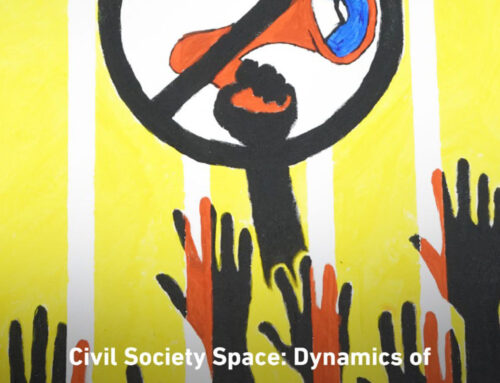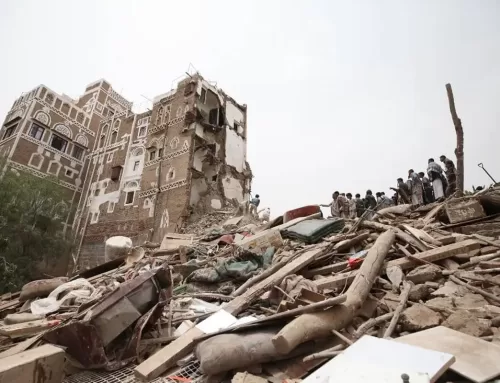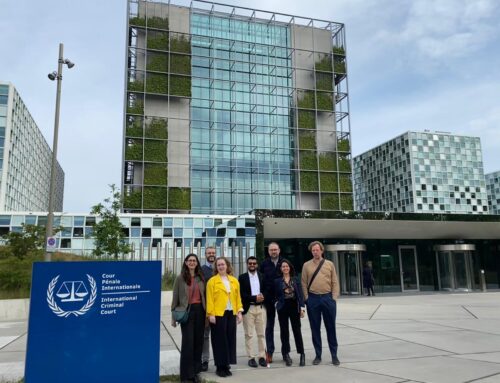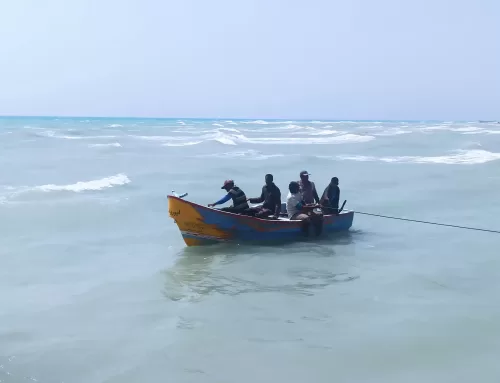The establishment of an international criminal accountability mechanism is an urgent necessity for Yemen
October 23,2022
Sana’a–
Mwatana for Human Rights said in a statement issued today that Sudanese armed forces affiliated with the Saudi/UAE-led coalition raped six underage girls and one woman and abducted and physically assaulted one minor girl and one woman in Hayran District of Hajjah Governorate, located near the Yemeni-Saudi border, in northwestern Yemen.
Mwatana emphasized that the documented horrific details of the sexual assault incidents are further evidence of the atrocities suffered by Yemeni civilians in a context of ongoing violations of international humanitarian law and international human rights law and continued impunity. Mwatana calls on the international community to urgently establish an international criminal accountability mechanism for Yemen, whose mandate includes documenting violations and submitting public reports on the human rights situation in Yemen, as well as collecting and preserving evidence and building files for future criminal prosecution. It also calls on the international community to open an investigation into these incidents of sexual violence, bring the perpetrators to justice, and provide the victims with reparations.
Radhya Al-Mutawakel, Chairperson of Mwatana for Human Rights, said, “The incidents of sexual violence, especially against children and women, are part of a series of horrific violations against civilians in Yemen. The human rights situation in Yemen urgently calls for the establishment of an international criminal accountability mechanism, especially with the involvement of local, regional and international actors in the armed conflict, and the need to remove the Sudanese forces from civilian-populated residential areas.”
In 2022 alone, Mwatana documented at least six incidents of sexual violence perpetrated by soldiers of the Sudanese forces affiliated with the Saudi/UAE-led coalition in Hayran District, Hajjah Governorate, which is about 20 km away from the border strip between Yemen and Saudi Arabia. Six incidents of rape were documented, the victims of which were six underage girls, aged between 11 and 16, one of whom (11 years old) died as a result of severe bleeding after being raped. An adult woman, 35 years old, was also raped by the Sudanese soldiers. Moreover, the soldiers abducted and physically assaulted a 15-year-old girl and another woman, 23 years old. These incidents coincided with a campaign to forcibly recruit children in the area to fight alongside the coalition. Mwatana said that the incidents included in the statement are only examples of the sexual violence perpetrated by parties to the conflict in the area. Documentation of such incidents appears to show that they involve several types of violations, with some cases starting with abduction and sexual violence and ending with forced marriage and forced displacement.
In August 2018, the forces of the internationally recognized Yemeni government, supported by coalition ground forces, announced their control of the center of Hayran District, previously under the control of the Ansar Allah armed group (Houthis). Since then, coalition forces, including Sudanese armed forces, have been stationed in the Hayran District and surrounding villages, as well as in the homes of civilians who fled the area after the outbreak of hostilities there.
In 2022, Mwatana collected statements from victims, their families and eyewitnesses to incidents of sexual violence in Hayran District. Regarding one of these incidents, Mwatana interviewed, on July 19, 2022, a father and his daughter, who was a victim of sexual violence. Other incidents were documented by Mwatana through interviews with victims’ families and eyewitnesses throughout 2022; one was a horrific incident committed by a Sudanese soldier who doused an 11-year-old girl with gasoline and set her on fire in front of her parents, resulting in her death, which occurred after the rejection and condemnation of the victim’s father of violations by Sudanese forces against children and women.
In September 2022, Mwatana documented the abduction and rape of two girls by Sudanese forces while they were fetching firewood for cooking. As a result of these violations, the two victims were forcibly married off by their families.
In another incident, Mwatana also documented the abduction and rape of a girl child by Sudanese forces on March 28, 2022. As a result, the victim’s family was forced to flee to another area, and her father forcibly married her off to a relative, for fear of stigma.
Mwatana also documented in the second half of this year that Sudanese soldiers, aboard a military vehicle (Toyota pick-up) deliberately ran over an 11-year-old boy in a village, following the residents’ refusal to enlist their children into the coalition forces.
Mwatana for Human Rights has withheld the victims’ identities in the interest of their safety.
Al-Mutawakel added, “The UN Secretary-General must treat all parties to the conflict according to the same standards. There are no justifications for delisting the Saudi/UAE-led coalition from the list of shame, as it continues its grave violations against children.”
Incidents of sexual violence against children go beyond the current situation of conflict because they affect the future of these children. Based on their horrific nature and severe impact on the best interests of children, the UN Security Council identified six grave violations against children during armed conflict, including sexual violence like rape. As impunity is a major factor in perpetuating sexual violence against children, the Security Council, in its resolution 1882 of 2009, added this type of violation as an additional trigger for the listing of parties to conflict in the Secretary-General’s Annual Report on Children and Armed Conflict. Rape and other forms of sexual violence are absolutely prohibited under international humanitarian law and human rights law at all times. Acts of sexual violence may constitute a war crime or a crime against humanity. Sexual violence in armed conflict, like rape in some cases, has been described as a weapon of war and/or a method of warfare.






